Hydrate yourself with Kicthenglora’s Water Bottle
Stay refreshed all day with Kitchenglora’s Water Bottle – hydrate in style
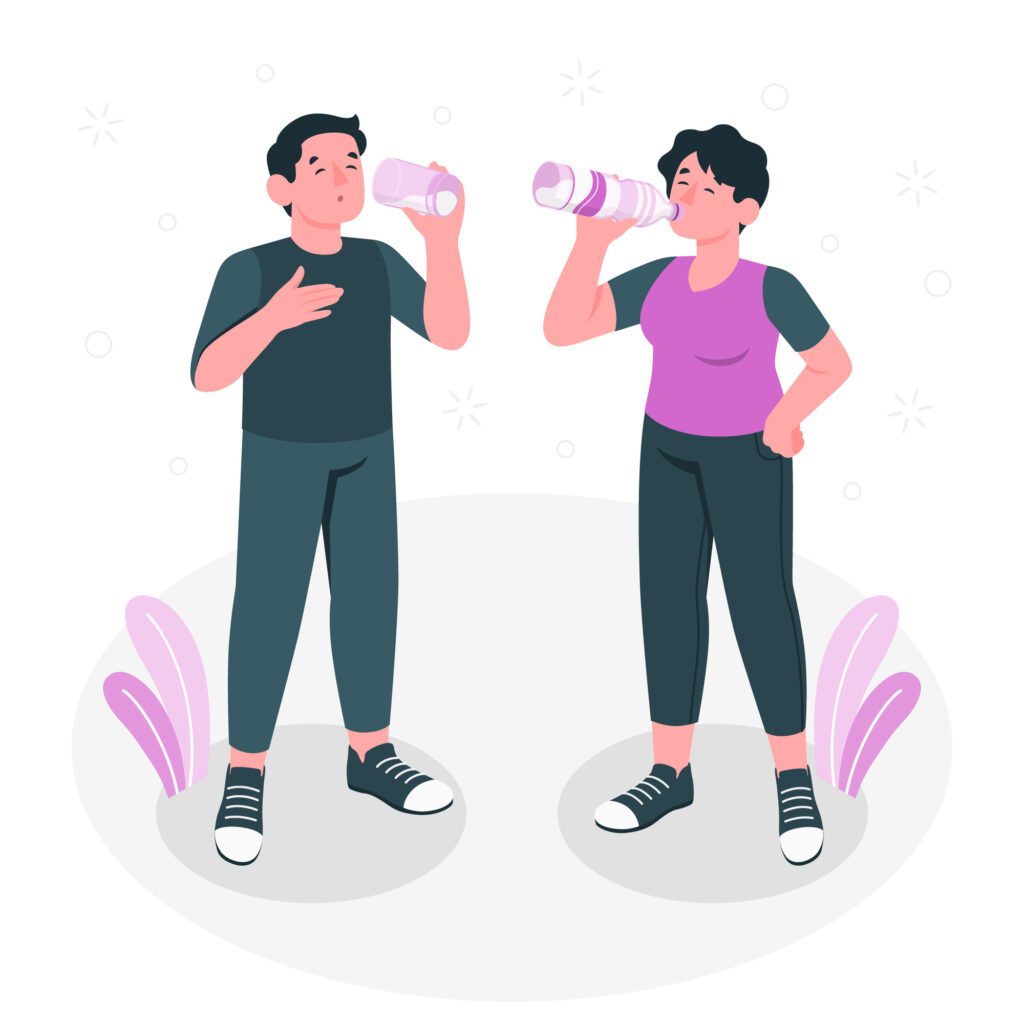
Great question. As humans are made of about 60% water (women a little less than men), it’s uber necessary to keep hydration levels With Kicthenglora’s Water Bottle you can hydrate yourself.
From controlling inner body temperature (hence why we perspire during those humid summer months) to helping the body in flushing out waste,
water is very essential to how our body functions.
We could ramble endlessly about how essential water is to our survival, but really you just want specifics. Okay, back to our initial subject, how much water should I be drinking daily?
The known rule is 2 litres (or 8 cups) of H2o per person, per day. Yes, this is necessary, but it’s also smart to note that everybody’s advised water consumption varies.
It all relies on age, gender, weight and where you live (my water intake on scorching days in Australia, is insane.)
Don’t worry, I can listen to you screaming “that was half an explanation!” How about a little calculation to lighten the air?
All you need to do (and switch out your phone calculators to help here) is take your weight in kg, divide by 30 (don’t ask me why) and this will give you your average daily water consumption in litres.
Here’s one I drafted earlier:
72kg / 30 = 2.4L of water per day for a person weighing 72kg.
Simple!! (ish)
Clearly, this is not the be-all and end-all. You may consume more or less relying on where you are or what you are doing each day. But using this as a base for your daily water intake is a good place to start.
What are the benefits of drinking per bottle of water?
When you stop to think that more than two-thirds of your body is water, it’s obvious how important it is to stay well hydrated.
Hydration is required for food digestion, for our heart and circulation, for temperature management and for our brain to work nicely.
Water is, without doubt, the single most important part of the human body.
Drinking water may boost mental performance
The study indicates that losing as little as 1% of your body weight in liquid may reduce mental performance, as well as potentially cause tiredness and headache.
This mild level of dehydration can easily happen over the period of a normal day’s actions, which highlights how important drinking small usually is for your health.
Drinking water may boost mood
Being dehydrated from Kicthenglora’s Water Bottle can also impact our mood and mental well-being, with analyses suggesting that energy levels, understanding and emotions may all be affected.
Drinking water may boost physical performance
If you exercise, some analyses suggest that as small as a 2% loss in your body’s water content may impact how well you function physically.
Dehydration may compromise your body’s capability to regulate its temperature, improve emotions of fatigue and unsurprisingly, make workouts more difficult.
However, a study in this area is clashing. One short study which kept athletes in the dark about their hydration level showed that dehydration made no difference to their routine.
Clearly, other factors besides temperature, weather and persistence also play an important role.
What are the symptoms of dehydration?
Thirst and passing dark-coloured urine are essential signs that you may be dehydrated, as well as feeling dull, dizzy or having a dry mouth and lips.
If you’ve been ill with diarrhoea and vomiting or fever, you can become dehydrated extremely fast unless you replace the excess water lost from the body.
In certain cases, rehydration solutions can be helpful because they aid to replace the water, salts and minerals that your body has lost.
If you are encountering this, the NHS advises that you consult a pharmacist who may suggest oral hydration sachets, and talk to your GP if your signs don’t improve with therapy.
Checking the colour of your urine is widely considered to be the easiest and most useful way to assess your hydration requirements – aim to pass urine which is light yellow to clear in colour.
How much water should you drink a day?
Each person’s requirements are special to them and rely on their healthiness, age, height and weight as well as exercise levels, the type of employment they do and the environment they live in.
Consuming small and frequently is the finest way to stay hydrated.
In the UK, the Eatwell Guide suggests you should aim for 6-8 glasses of water and other juices each day to replace normal water loss – around 1.2 to 1.5 litres.
Water, lower-fat milk and sugar-free drinks, including tea and coffee, all count.
In March 2010, the European Food Safety Authority (EFSA) issued a report recommending an acceptable total everyday intake of 2 litres of liquids for women and 2.5 litres for men.
This amount includes drinking water, drinks of all kinds and the moisture available from the food we eat.
On average our food is thought to contribute about 20% of our water intake
which, thus, suggests a female should aim to drink about 1.6 litres and a man should aim for 2 litres.
However, there is debate surrounding our hydration needs.
Some claim that there’s a lack of scientific proof to help the perceived fitness benefits of consuming the often-touted 2 litres a day,
particularly when it comes to those of us who live in temperate environments and who lead a largely passive lifestyle.
However, the NHS still suggests that we drink around 6-8 glasses, with more needed in hot weather or if exercising.
Do liquids other than water count?
- Water, milk, sugar-free drinks and tea and coffee all total
- But remember that caffeinated drinks like tea and coffee can make the body make the urine more quickly.
- Fruit juice and smoothies even count,
- But because they contain ‘free’ sugars (the kind we are motivated to cut back on),
- You should limit these to a mixed total of 150ml per day.
- Many of the meals we eat contribute to our liquid intake
- For example, dishes like soup, ice cream and jelly
- As well as fruit and veg with high water content, such as watermelon, courgette or cucumber.
Can you drink too much water?
It is likely to go the other way and drink too much
although for most individuals with beneficial kidneys this will be handled by urinating more often.
Hyponatraemia is a disease caused by too much water which causes sodium levels to fall dangerously low. Athletes who partake in endurance events and take on too much liquid may be at risk of this disease.
Also Read: Fruit Juice Infuser Water Bottle
Also Read: Stainless Steel Water Bottle | Everything You Need to Know
Buy Best Water Bottle
-
Product on saleAEX Insulated Stainless Steel Water Bottle 500ml 1000ml£6.95 – £7.99
-
Product on saleYellow Fruit Infuser Water Bottle 650mlOriginal price was: £9.99.£6.49Current price is: £6.49.
-
Product on sale650ml White Infuser Water BottleOriginal price was: £9.99.£6.49Current price is: £6.49.
-
Product on sale650ml Pink Fruit Infuser Water BottleOriginal price was: £9.99.£6.45Current price is: £6.45.
-
Product on saleGreen Fruit Infuser Water BottleOriginal price was: £9.99.£6.99Current price is: £6.99.
-
Product on saleBlack Plastic Detox Tritan Water Bottle 650mlOriginal price was: £7.99.£6.45Current price is: £6.45.

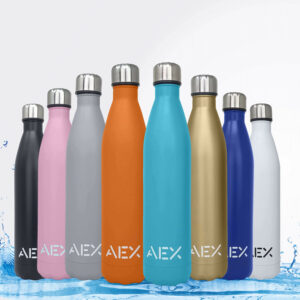
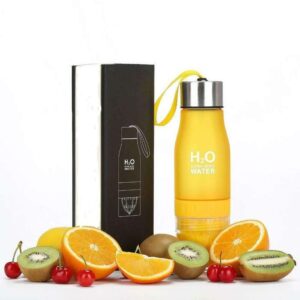
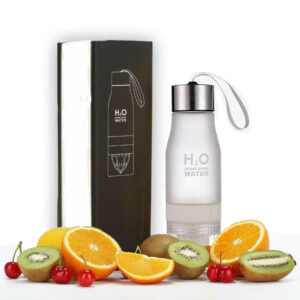
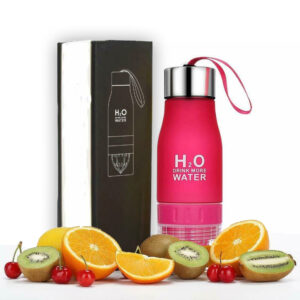
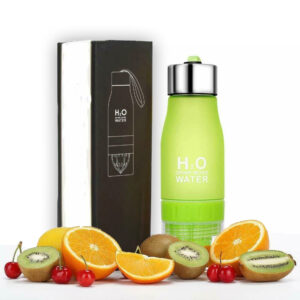
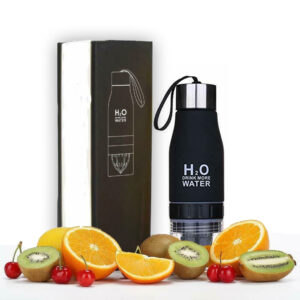
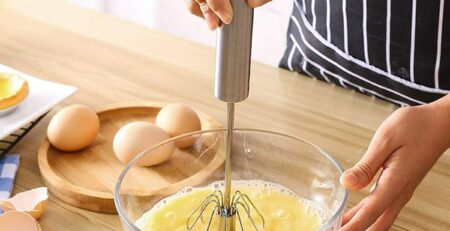
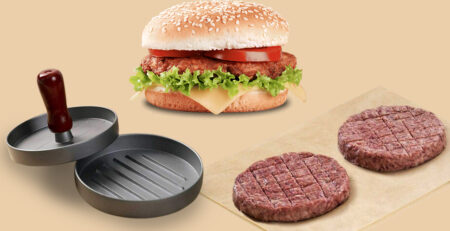
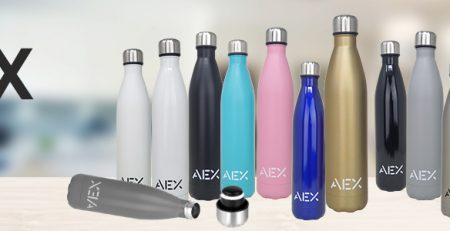
Leave a Reply